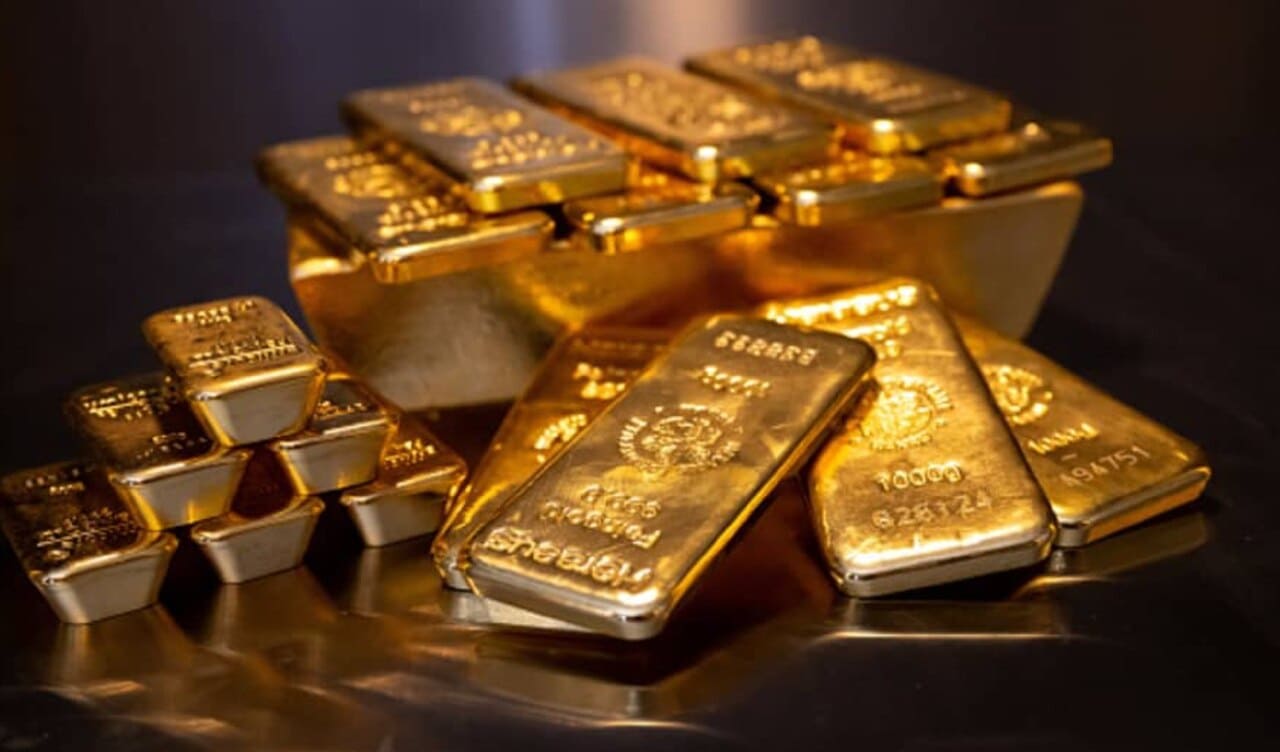The Central Bank of Uzbekistan reported an increase in its gold purchases, totaling UZS 26.4 trillion ($2bn) in the second quarter of this year, marking an 18.7% rise compared to the same period last year.

Despite the surge in gold acquisitions, the net volume of interventions in Uzbekistan's foreign exchange market remained stable at UZS 20.3 trillion ($1.6bn), consistent with the previous quarter's figures.
The additional liquidity generated from increased gold purchases was managed through various monetary policy operations and cash-handling measures.
The average price of gold during this period ranged between $2,250 and $2,350 per troy ounce. The Central Bank attributed the heightened demand for gold to ongoing global economic conditions and geopolitical uncertainties.
As of early July, Uzbekistan's gold and foreign exchange reserves reached $36.3bn, stressing the nation's robust position in precious metal assets.
The physical volume of gold held by the Central Bank rose from 11.4mn to 11.7mn troy ounces, translating to a nearly 2% increase in monetary terms, totaling $27.3bn.
Gold reserves serve as a financial safeguard, offering a protective buffer for governments. Nearly all nations maintain these reserves to prepare for unforeseen events. These reserves usually consist of highly liquid assets like gold and foreign currency, enabling quick transactions. They are essential for managing debt obligations and making investments promptly when needed.
Follow Daryo's official Instagram and Twitter pages to keep current on world news.
Comments (0)